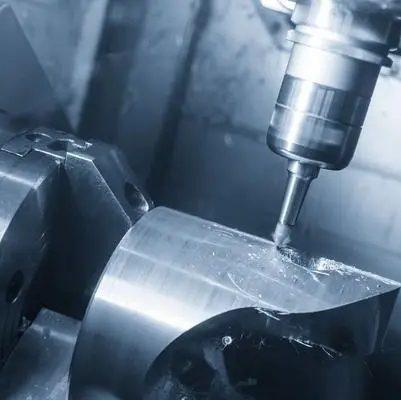For CNC machining, a range of nylon varieties are available, each with unique properties and advantages. Here are some of the most common options:
Standard Nylons:
- Nylon 6: This all-purpose nylon has good tensile strength, wear resistance, and chemical resistance. It's easier to machine even though its softening temperature is lower than other types.
- Nylon 6/6:This nylon 6 variation is stronger, stiffer, and more dimensionally stable due to its increased crystalline structure. Although it is more challenging to machine, its heat resistance is superior.
- Nylon 11: This nylon is perfect for fluid-related applications because of its exceptional chemical resistance and low water absorption. Its mechanical properties are similar to those of nylon 6, but its impact strength is lower.
Modified Nylons:
- Glass-filled nylon: Its strength, stiffness, and dimensional stability are significantly increased by the glass fiber reinforcement that this type has. It's a good choice for demanding applications that demand high precision and wear resistance.
- Mineral-filled nylon: Similar to glass-filled nylon, this kind of nylon is reinforced with minerals like mica or talc. It has slightly less strength than glass-filled nylon, but it is more stiff and heat resistant.
- Lubricant-filled nylon: This type contains lubricants, like molybdenum disulfide, in its composition. Because of this, it reduces wear and friction, making it ideal for parts in sliding contact applications.
In conclusion, you can maximize functionality, cost, and performance for your specific project by making informed decisions by being aware of the different types of nylon that are appropriate for CNC machining. It's like having a toolbox full of materials ready to be used to accomplish the perfect outcome, each with its strengths and specialties.
